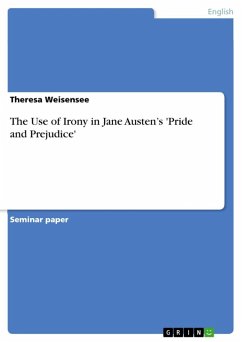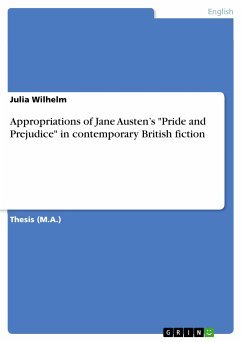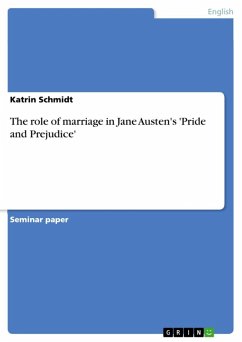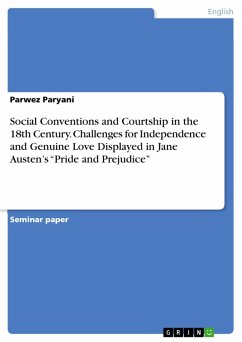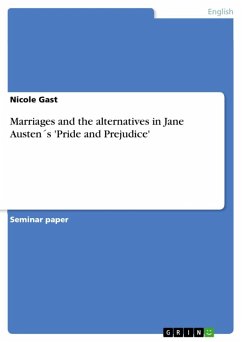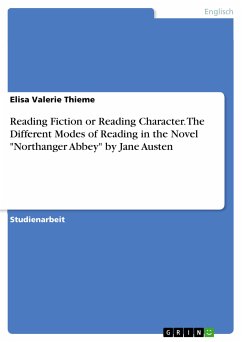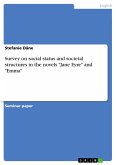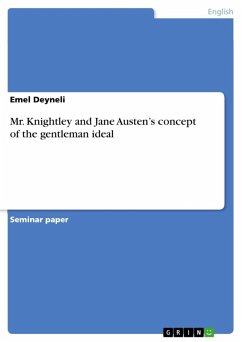Seminar paper from the year 2009 in the subject English Language and Literature Studies - Literature, grade: 1,0, Justus-Liebig-University Giessen, language: English, abstract: In contrast to the obtrusive morality of the majority of novels at that time, Austen's pieces of work are strongly marked by an ironic tone, a subtle humour and highly ambivalent statements. This ambivalence and high use of irony makes it, even today, difficult to determine Austen's attitudes towards society and the question whether her novels are to be interpreted as conservative, modern or feministic pieces of literature. Romantic novel, Bildungsroman, comedy of manners and comedy of character are some examples for the various terms Austen's novels have been labeled. In particular in Pride and Prejudice, an ironic tone is predominant throughout the novel. As Klingel Ray states, Austen is "first and foremost a satirist. And for a satirist, irony is the major tool of language." In order to analyse the novel thoroughly and adequately, it is thus of paramount importance to study Austen's use of irony and her intentions and motives behind the ironic statements and events in the book. This essay seeks to investigate Austen's use of irony in Pride and Prejudice. After discussing the definition of irony that should be applied when studying Austen's works, including an explanation of the different motives behind her use of irony, the author's treatment of irony in the structure of the plot and her narrative strategy will be illustrated. An analysis of the two most ironic characters in Pride and Prejudice will then follow, and their relative contribution to the ironic tone of the novel will be depicted with the aid of several examples. Finally, two exceptions from the prevailing ironic tone in Pride and Prejudice will be stated and explained.
Dieser Download kann aus rechtlichen Gründen nur mit Rechnungsadresse in A, B, BG, CY, CZ, D, DK, EW, E, FIN, F, GR, HR, H, IRL, I, LT, L, LR, M, NL, PL, P, R, S, SLO, SK ausgeliefert werden.

